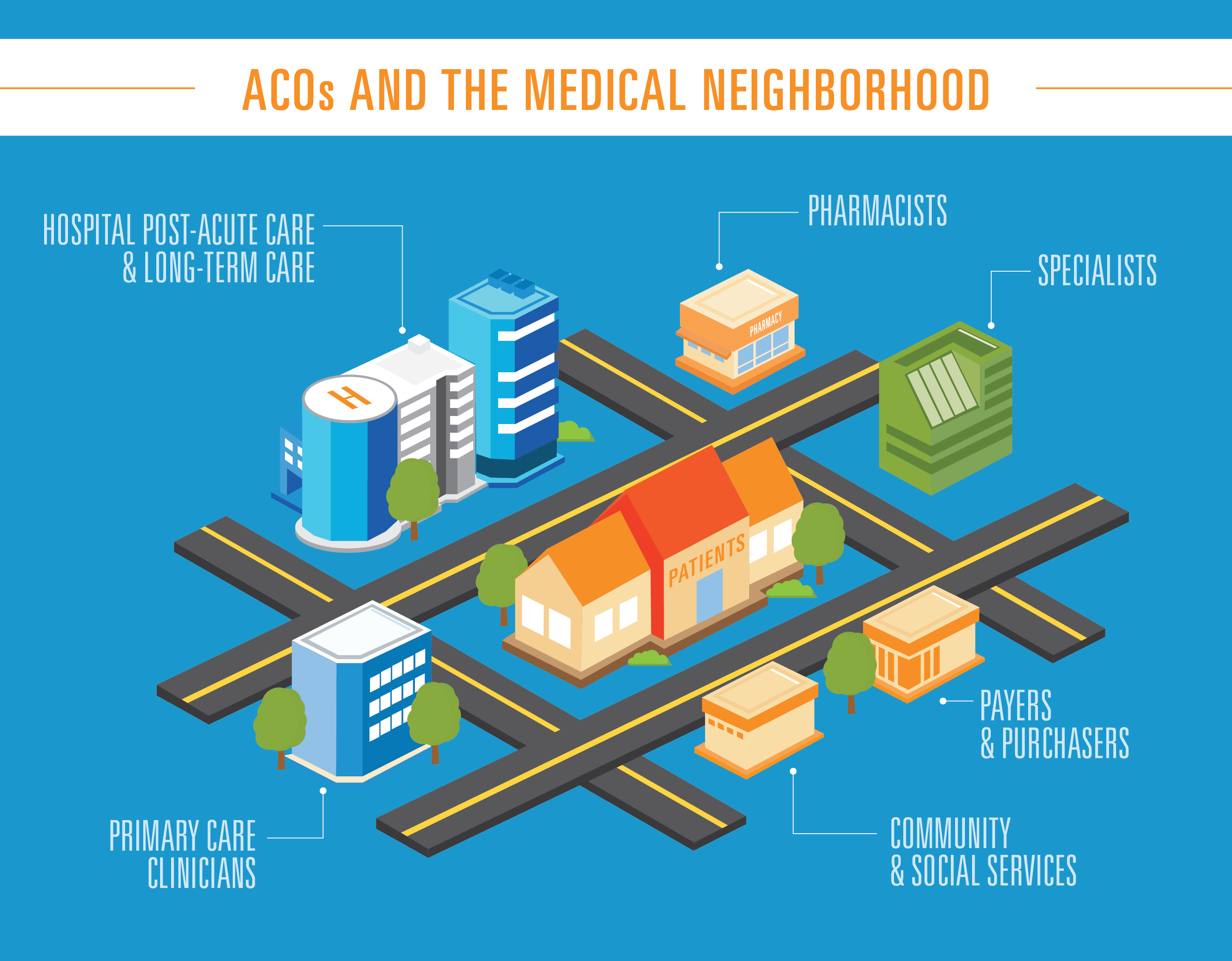
Sachin Jain on the Importance of Social Determinants of Health

The most recent webinar features SCAN Health CEO, Dr. Sachin Jain, and it focuses on social determinants of health. These determinants, like poverty, racism, pollution, and access, impact a patient’s ability to receive care and comply with their care. These patients are at risk for certain conditions, whether from vitamin deficiencies or exposure to mold or unclean drinking water.
“We’re painting big societal problems of SDOH”
In Dr. Jain’s experience, many healthcare organizations claim to center the social determinants of health. In reality, however, they provide a “false sense of security and accomplishment.” He expresses that the issues run deeper in society, often relating to poverty and racism.
While working for the Robert Wood Johnson Foundation, Dr. Jain discovered that very few interventions actually made a difference. When looking at the population overall, there was very little effect on large groups.
He explains, “We make ourselves feel better. We’re introducing medical rides program for poor people, and therefore, we’ve solved their healthcare access problems. ” He uses a post-discharge meal program as an example. These measures don’t address what happens when patients leave the hospital and are on their own. Furthermore, the “self-celebration” in the industry doesn’t make enough of a difference. One reason for the insignificant change, Dr. Jain says, is how we define those social determinants of health.
“I’m just a doctor/nurse. I can’t solve society’s problems.”
Dr. Jain recommends that healthcare workers engage professional societies and even our government to exact change for vulnerable patients.
“We are all a part of professional societies that are engaged in advocacy efforts,” Dr. Jain states. He also believes that healthcare organizations should be trying to train people in the community and give decent-paying jobs to people in the community. He says, “That’s a very different statement of our commitment, and it’s a different way of actually serving the community.”
Many healthcare providers believe they’ve finished their jobs once the patient leaves their offices. However, cultural organizations like African American medical groups and Korean American medical groups work around the clock to address the unique SDoH needs of their communities.
Involving cultural groups can help to create positive change for those communities most impacted by the social determinants of health, on top of the ones that hospital systems are already putting in place. Doctors often feel that factors like insurance and a hospital’s bottom line hold them back, so meeting the needs of patients can make a difference in their lives, too.
Speaking of Provider Burnout…
Dr. Jain and Dr. Shin also discussed the increase in provider burnout, which has increased over the last 20 months. Healthcare professionals are fleeing the industry as fast as the virus is mutating. Despite efforts to help providers, Dr. Jain says that efforts act as a bandaid, “I think we’ve dealt with this issue by telling people to meditate and go to yoga retreats and give them access to the Headspace app. Nothing against the app, but I think we’re treating the symptoms, not necessarily treating the cause.”
He explains that the cause is asking people to work harder and in less time, without managing the “administrative complexity” of it. He says, “To be really blunt if you’re not practicing, it’s very easy to tell people what to do.”
Dr. Jain believes that taking on fewer patients should be the goal since managing a smaller caseload can decrease the risk of burnout. However, the pandemic added to an already existing problem. With so many hospital systems overwhelmed, it is understandable that the medical community might encourage mental health care and meditation apps.
Dr. Jain also equally places blame on physicians who don’t want to participate in community efforts and efforts to engage. “When asked to participate in committees or the design of activities, people will raise their hands and who’s going to pay me for that time?” Some are reluctant to spare a couple of hours, which leads to a decreased likelihood of positive changes.
The Bottom Line
Tackling social determinants of health takes more than sending a shuttle to pick up a patient. All aspects of society need to be involved––from the government to the very communities where individuals live. While doctors are limited in what they can do, they can advocate for their marginalized patients. This can be done by being empathetic toward the various factors that impact treatment plan compliance.








